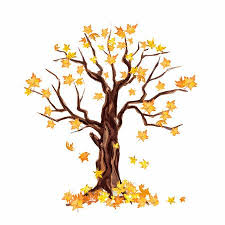Sometimes
when I feel jumbled inside I come across a piece of wisdom that helps calm my
heart. That happened yesterday when I received an e-mail message from Abbey of
the Arts with this quotation by Christine Valtners Paintner:
“When
you bring your attention to something in nature, whether a tree or a stone or a
creature, and bring yourself fully present to it, you can sense its inner
stillness, meeting a place of stillness in your own heart. You can experience
how much it rests in the great Being who holds all of us, with no divisions,
and in that awareness you discover that place within you as well.”
This
quote reminded me that in the comic strip Rose
Is Rose, written by Pat Brady, the main character is sometimes pictured
leaning against her “Let It Be” tree when she’s feeling overwhelmed.
In
these days of political turmoil and catastrophic climate-related events, we all
need to identify and spend time with an element of nature that helps us “Let It
Be,” whether that is a tree, a pet, a body of water, or another element that
fosters inner stillness. When we are distressed it helps to center ourselves in
God, in whom there are no divisions.
Being
pained and infuriated by the behavior of some people is unavoidable, and we certainly
are called to contain and resist their destructive actions. We can take comfort
in a vision experienced by Hildegard of Bingen, in which God said, “I am love,
which the vast expanses of evil can never still.” Martin Luther King, Jr., showed
an understanding of the power of God’s love when he said, “Darkness cannot
drive out darkness; only light can do that. Hate cannot drive out hate; only
love can do that.”
In
1 John 4:20 it is said, “Whoever claims to love God yet hates a brother or
sister is a liar. For whoever does not love their brother and sister, whom they
have seen, cannot love God, whom they have not seen.” Similarly, Dorothy Day
said, “I really only love God as much as I love the person I love the least.”
When loving those who act reprehensibly feels impossible, it is time to retreat
to nature and reclaim our place of inner stillness where we can remember the invincibility
of the love of God, who holds all of us with no divisions.












